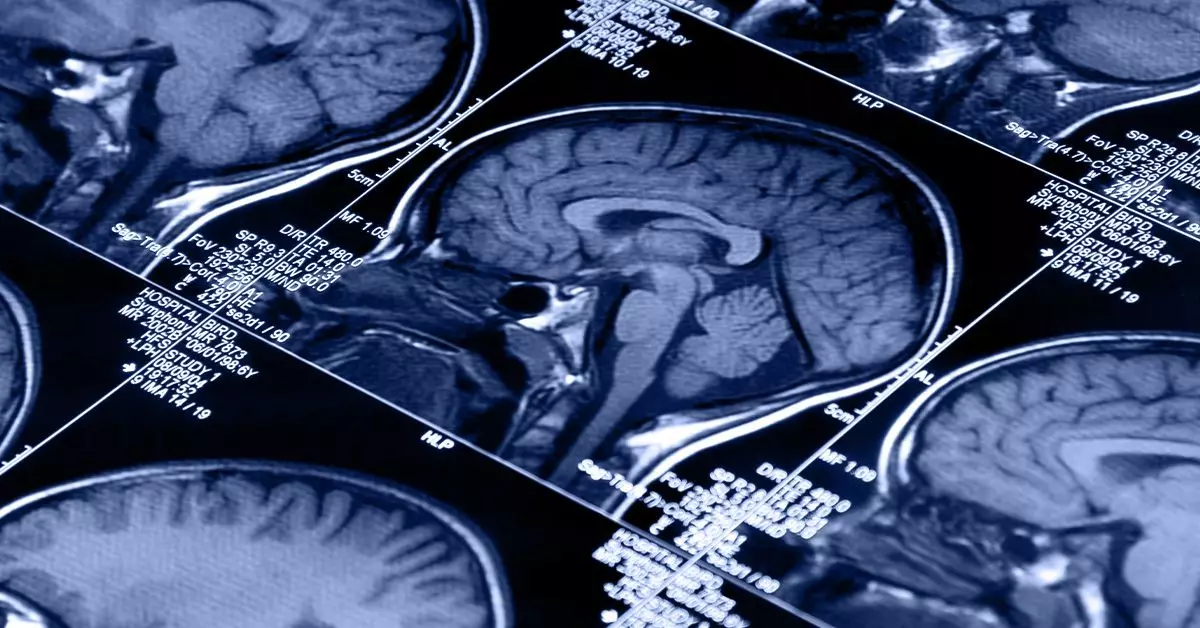In recent discussions surrounding Attention Deficit Hyperactivity Disorder (ADHD), a term that has emerged with increasing frequency is “Temporal Lobe Attention Deficit Disorder” (ADD). This concept, however, raises significant red flags due to a lack of scientific backing. While some healthcare professionals and clinics promote the existence of this supposed subtype, the consensus within the medical community is that it does not represent a distinct condition. Instead, its symptoms broadly overlap with recognized characteristics of ADHD, which invites skepticism about the legitimacy of this label.
The origins of Behavioral labels often appear to like a desperate attempt to categorize complex behaviors. By naming something like Temporal Lobe ADD, advocates suggest it encompasses unique challenges—such as emotional regulation difficulties, learning obstacles, and memory problems—all of which are already well-established difficulties encountered by individuals diagnosed with ADHD. This redundancy signals that we might be dealing more with marketing than meaningful new understandings of mental health conditions.
Proposed Mechanisms and Misleading Claims
Supporters of the idea that temporal lobe ADD is a legitimate subset of ADHD argue that it specifically targets the brain’s temporal lobe, an area associated with processing memories and emotions. They claim this condition arises from underactivity or damage in that region, without presenting robust scientific evidence to substantiate such assertions. The most alarming part is that this notion can mislead parents, educators, and those affected by ADHD into pursuing treatments that lack a factual foundation.
Recent research, including a notable 2020 study, explored brain changes associated with ADHD and indicated alterations in the temporal lobe. However, the findings were generalized and did not point to a selective subset affecting this brain area. Such studies should be interpreted cautiously—focusing explicitly on temporal lobe ADD risks diverting attention and resources from well-established treatments for ADHD, which are backed by credible research.
Muddled Causes and Dangers of Misdiagnosis
One aspect that compounds the potential harm caused by the notion of temporal lobe ADD is how it conflates established ADHD symptoms with unrelated issues. Clinics promoting this diagnosis often link it to diverse causes such as genetics, exposure to environmental toxins, or even lifestyle choices like video gaming and diet. While it is widely recognized that genetics play a substantial role in ADHD—with heritability estimates around 80%—the exaggerated claims regarding behavioral influences distract from a genuine understanding of the disorder.
For instance, the assertion that sedentary lifestyles or consumption of processed foods directly cause ADHD lacks conclusive evidence and can lead to a moral panic surrounding parenting and lifestyle choices. Furthermore, it negates the complexities of mental health disorders and the reasons behind them—essentially reducing the dialogue to simplistic ’causes’ rather than exploring the nuanced interplay of biological, social, and environmental factors.
Common Misunderstandings: Symptoms and Treatments
The list of symptoms attributed to temporal lobe ADD often overlaps with those recognized in ADHD, leading to confusion among both sufferers and healthcare providers. For example, issues related to memory, emotional sensitivity, and interpersonal relationships are hallmarks of ADHD, and lumping these issues under a new label fails to address the need for comprehensive care and accepted diagnostic practices.
Moreover, proponents of temporal lobe ADD claim various treatments, from dietary changes to behavioral therapies. These approaches can indeed serve as adjuncts to ADHD management, but they risk oversimplifying a condition that warrants professional diagnosis and intervention. Seeking alternative therapies, especially herbal supplements, can introduce risk factors—a particular concern in children whose mental wellness is still developing. The reality is that if someone exhibits severe symptoms, such as self-harm or significant mood disturbances, professional mental health support is necessary, not alternative remedies.
A Call for Informed Decision-Making
The rise of the temporal lobe ADD label brings to light a critical need for clear communication regarding mental health diagnoses. Individuals and families should remain vigilant about the information they consume, particularly from clinics promoting unverified conditions. Instead of venturing down paths rooted in misinformation, proper assessments and treatment options should start with qualified mental health professionals well-versed in ADHD and associated disorders.
Advocating for mental health is vital, yet care should be taken not to conflate emerging theories with established science. It’s imperative for the scientific community to continue investigating ADHD comprehensively, focusing on its nuances and effects on brain function while remaining skeptical towards unsubstantiated claims like temporal lobe ADD. In a world rife with fast-and-loose terminology, promoting reliable, evidence-based information about mental health can empower individuals in their journeys toward understanding and healing.


Leave a Reply